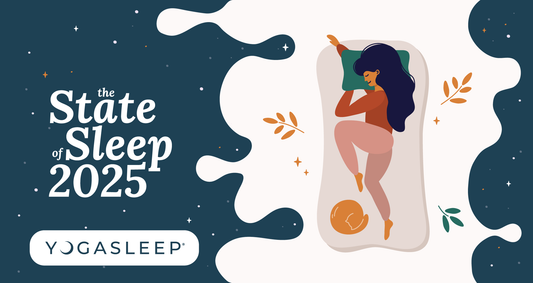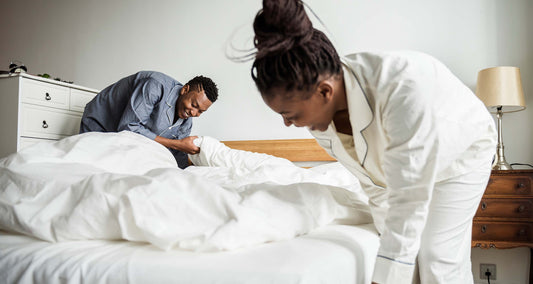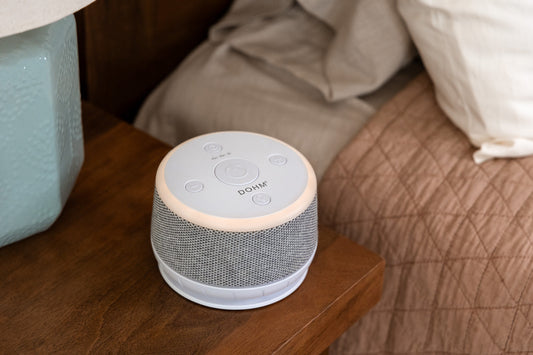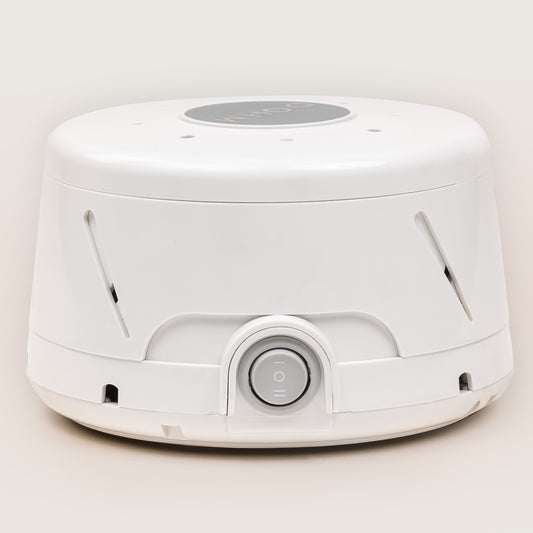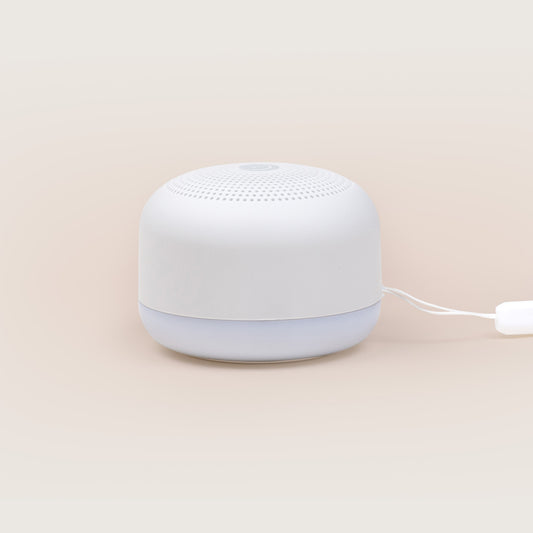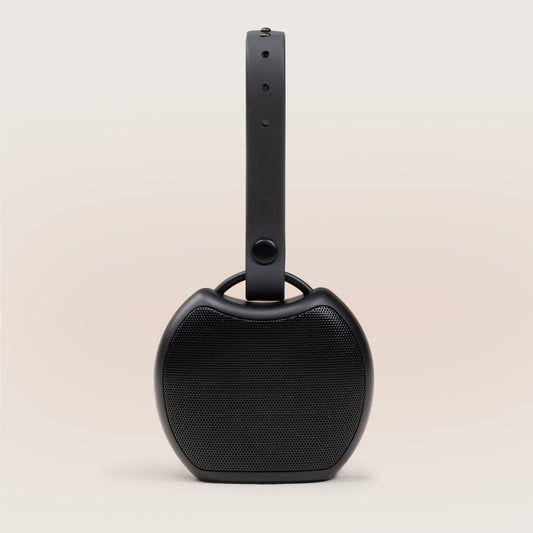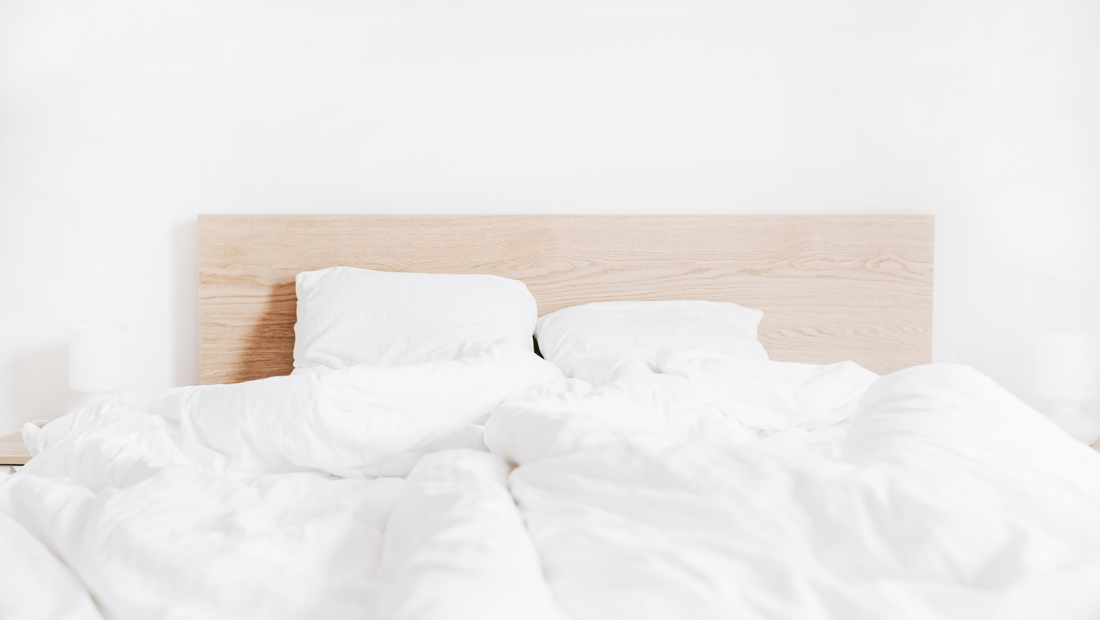
How to to Properly Clean a Mattress (And What to Avoid)
Buying a mattress is a major investment for just about anyone, which is why it’s so important to make sure we’re properly caring for the mattresses in our homes. Cleaning a mattress the right way will not only increase its longevity but will also positively affect our own health.
Think about it, most of us will spend about a third of our lives on our mattress, which includes the time we’re actually asleep and the time we spend trying to fall asleep. There aren’t many things we own that are not quite as useful and important as a mattress. This is why choosing a mattress is such a big decision, and it’s also why once we have our mattress, we should do everything in our power to keep it fresh and clean.
A quality mattress, like a Yogabed mattress, can last as long as 10 years if it’s properly cleaned and cared for. The Yogabed mattress also comes with a Zip-N-Wash cover, which allows for simple cleanup should a small mess occur.
Health Hazards of a Dirty Mattress
Most people are probably guilty of neglecting their mattresses. They may look perfectly fine from the outside, but there’s more than meets the eye when it comes to our mattress.
For starters, all of us lose about 30,000 to 40,000 dead skin cells each day. How many of these cells end up on our sheets and in our mattresses? Dead skin cells attract dust mites, which burrow into our mattresses and feed off of the literal smorgasbord of dried cells every night. Now, dust mites are not like bed bugs, they won’t bite, but they are cause for concern for anyone who suffers from allergies or asthma, as they can trigger reactions in these people.
It’s perfectly natural for people to sweat while they sleep — it’s inevitable. Even so, sweating can lead to an unholy growth of bacteria, fungi and mold inside of the mattress over its lifetime. According to WebMD, scientists who tested 7-year-old mattresses found an average of 16 million colonies of bacteria for every single square inch of mattress. That is one stomach-churning fact we hope changes everyone’s mind about the need to clean mattresses more frequently.
Proper Mattress Maintenance
Cleaning a mattress may sound daunting, but it doesn’t have to be difficult or expensive. Investing just a little bit of time and elbow grease every couple of months and spot cleaning as needed will help to extend the life and cleanliness of your mattress long term.
Some people will opt for mattress covers, which are a great way to keep the mattress itself free from bed bugs and other mites. If the mattress cover is waterproof, it should also help to stave off the worst stains, as long as it's been properly cared for as well. It’s also a good idea to regularly flip mattresses every three months to keep them from becoming too worn out in the same spot. For anyone who has opted for a mattress where only one side is meant to be used, try rotating it every couple of months to achieve the same effect. A high-caliber foundation is another must when it comes to mattress health. A flimsy frame won’t support the mattress over time, which may lead to sagging. Finally, what's a mattress without premium cotton sheets to complete your sleep goals?
A Deep Clean
No matter how hard we might try to avoid it, mattresses will inevitably become dirty at some point in their lives. Whether this is due to sweat stains or accidents that cannot be helped, a mattress will need to be cleaned.
For a lightly dirtied mattress, the general recommendation is to deep clean it every 3 months, although, for the very busy, 6 months should do the trick just as well. The Better Sleep Council advises against using chemical cleaning products on a mattress, even spot removers. These can be too harsh, causing unpleasant odors, and may even be harmful to our health. After all, we’re going to have to sleep on these mattresses every night!
Instead, a simple yet effective way to clean a dirty mattress is to vacuum all sides of it, cleaning up any crumbs or dead skin cells. Then, sprinkle with baking soda, adding a few drops of essential oil to lend a calming fragrance to the mattress itself (this tip from The Spruce). After waiting about 30 minutes - the longer the better for this step - go ahead and vacuum the baking soda off the mattress.
How Not to Clean a Memory Foam Mattress
Before we get into the nitty-gritty details of cleaning difficult stains from a mattress, there are a few dos and don’ts, especially regarding a memory foam mattress.
It is never a good idea to soak a memory foam mattress when cleaning it, as this can lead to mold and mildew, which would effectively ruin the mattress completely. If water is used as a cleaning aid, one can use a blow dryer on the lowest setting or keep a fan going in the room until the mattress is thoroughly dry. In the same vein, steam cleaning should also be avoided when cleaning a foam mattress for the very same reason. The steam would force water into the mattress, making it damp and difficult to dry. Also, while harsh chemicals should never be used to clean a mattress in general, it’s even more imperative that they’re avoided when cleaning a memory foam mattress, as they could cause the foam inside of the mattress to break down.

For Basic Cleaning
Mattresses may often be expensive, but caring for them doesn’t have to be if one knows the right at-home cleaning methods. There’s no need to purchase fancy cleaning products or appliances. In fact, the most advanced form of technology we’ll need here is a spray bottle.
Almost all mattress cleaning advice begins with the vacuum-baking soda approach. This will remove any of those dreaded dead skin cells we mentioned earlier and provide a clean base to work off of when moving on to stain removal. It’s also far better to spot clean than to try and clean the entire surface of the mattress in one go. This is because of the mold and mildew issue. When we spot clean, the dampening of the mattress is concentrated and can be more easily dried either through a hairdryer or steady fan. That way, we will avoid wetting large portions of the mattress.
What makes baking soda so effective when it comes to the overall treatment of mattresses, though?
The Chemistry of Baking Soda
The first thing to know about baking soda, also known as bicarbonate of soda, is that it’s nontoxic. This makes it already a step above the rest of the cleaning options out there. Baking soda is also extremely inexpensive, multipurpose and widely available at every grocery store, pharmacy or bodega. It can be used to clean almost anything in our homes, from the toilet to the shower, and it’s even helpful for eliminating odors in the fridge.
So why is baking soda the powerhouse of the pantry? When baking soda is rubbed into a stain, it globs onto any grease stain causing a chemical reaction that creates glycerol, one of the main ingredients in most soaps. In this way, glycerol aids in stripping stains from the mattress. Most strong-smelling odors are caused by volatile compounds, which can be counterbalanced by a base with a neutral smell, like baking soda. To get the most out of cleaning a mattress with baking soda, rub the powder into the mattress and leave it on for up to 24 hours before vacuuming off.
For Sweat and Urine Stains
Urine and sweat stains are a fact of life. Whether we’re potty training a tiny human or our beloved pet has aged well past his/her prime and is now having regular accidents, urine on the bed will happen to the best of us at one time or another. As for sweat, perhaps it’s a particularly hot week in the summer or just a horrible cold that leaves us in a cold sweat at night.
Whatever the reason, seeing these stains week-after-week when we change the sheets is not very pleasant and can even become embarrassing when we have guests over to visit. This is why it’s so important to handle stains right away instead of leaving them to soak in and dry. Of course, that’s easier said than done. For parents of newborns who find themselves cleaning up pee and vomit regularly, or parents of toddlers dealing with many nights of bedwetting, it can be especially hard to work up the energy to clean up after every accident.
The following method should be used for any scenario involving urine stains and is easy enough to put to use straight away.
A Homemade Solution
When it comes to both urine and sweat stains, white vinegar is going to be the best solution for either fully reducing or, at the very least, minimizing the extent of the offending stain. If the pee or sweat has been caught fresh, then the very first step is to dry the spot with a clean towel or rag.
For dried urine, skip right to the second step, which is to coat the offending area in vinegar, and then use a paper towel to absorb the vinegar, blotting until it’s fully dry. Follow the vinegar up with a mixture of 8 ounces hydrogen peroxide, 3 tablespoons baking soda and half a teaspoon dish soap mixed in a spray bottle. Coat the stain in this homemade cleaning solution and let it sit for as long as 20 minutes before blotting until dry, just like with the vinegar. Dog pee and cat pee can be particularly foul-smelling, so in these cases, it might be best to repeat the method until odors are no longer present.
For Bloodstains
Bloodstains are some of the hardest stains to remove from a mattress due to their color and chemical makeup. In the instance of someone waking up to a nosebleed that has managed to get on the mattress as well as the sheets, there are a few ways to tackle the resulting stain before it fully sets in.
The first step is to use cold water to dampen the spot, repeatedly blotting to soak up as much of the blood as possible. At this point, there are several homemade solutions that might help to clean up the blood, the best choice being a little bit of water mixed with dish soap or detergent. When blotting the spot, take great care not to rub, as this could have the opposite effect, perhaps even spreading it further. Blood may require a trip to the store as it's the most difficult stain to remove. Enzyme cleaners that specifically use the protease enzyme are a fantastic way to get rid of protein-based bloodstains. Protease enzymes are able to effectively break down proteins, making the clean-up much easier. Enzyme cleaners also work well for very stubborn pet urine for the same reason.
Mattresses may deserve some love every now and then, but that doesn’t mean we need to spend money on professional mattress cleaning services. Not when truly excellent home cleaning solutions are so readily available. To ensure the maximum lifespan of a mattress, give it a deep clean once every 6 months and make sure to clean accidents or spills as soon as possible to stop them from becoming stains. Even if a mattress develops stains over time, the methods outlined above will help keep mattresses looking like new for years to come.

